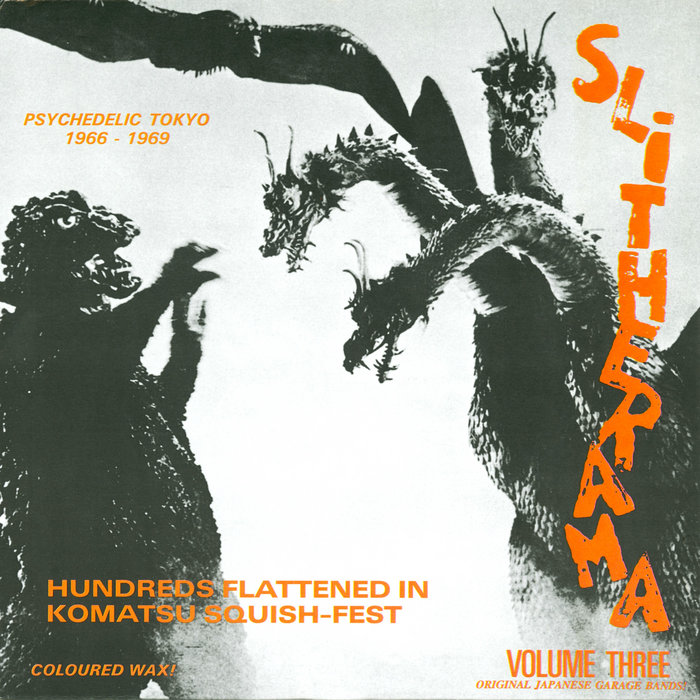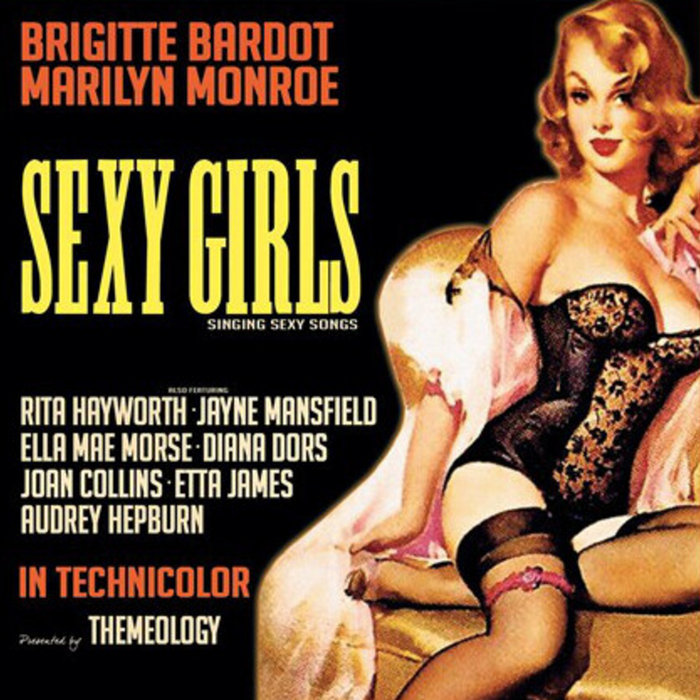
Comin’ Home Baby – The Sharp Five
this blog is GROOVY – check out great Soul, Funk, Jazz, Hip Hop, Bass, Breaks , Reggae, House n many more TUNES
When you think of music, it’s often easy to imagine polished records and chart-topping hits. But somewhere on the fringes lies a world brimming with creativity, quirkiness, and raw emotion—this is the realm of outsider music! Buckle up as we groove through the history and peculiarities of this unique genre.
Outsider music refers to tunes created by artists who exist outside the mainstream—a musical landscape where traditional norms don’t apply. These are folks driven by passion rather than commercial success, often producing songs that defy conventional songwriting structures or performance styles. Think of it as an artistic rebellion against whatever has been deemed “normal.”
The roots of outsider music can be traced back to various movements throughout history:
Early Folk Traditions: Many early folk musicians were outsiders in their communities, using their art as a tool for storytelling about real-life struggles.
The Avant-Garde Era: In the 20th century, avant-garde composers like John Cage pushed boundaries in ways that echoed through the outsider scene.
The Rise of DIY Culture: As cassette tapes became popular in the ’80s and ’90s, artists began recording at home and sharing their sounds with small networks. Bands like The Shaggs epitomized this ethos with their offbeat melodies that have since garnered cult status.
One thing’s for sure—you’re gonna meet some colorful characters when you dive into outsider music! Here are a few wacky examples:
Ahh, Daniel Johnston—the kingpin of lo-fi charm! This guy recorded his albums on cheap cassettes with little more than a piano or guitar—often from his bedroom floor. One funny fact? He once drew comics featuring his own songs’ characters: there’s “Hi How Are You” Mr. Froggy who just wants to vibe but finds himself entangled in surreal adventures!
Jandek is shrouded in mystery—he’s released over 100 albums under his name without ever doing interviews or revealing much about himself. Whatcha bet he threw wild parties every now and then? Just imagine people showing up only to find him eerily strumming away in silence!
This all-girl band was famously told they should start a band because they had no idea what they were doing—and boy did they take that advice literally! Their album “Philosophy Of The World” is known for its bizarre time signatures (or total lack thereof) alongside lyrics about existential dilemmas—all while showcasing harmonies reminiscent of experimental jazz… kind of?! They inadvertently became pioneers; who knew being bad could sound so good?
Now let’s get down to some truly quirky tidbits that’ll make you chuckle as you listen along:
Captive Audience: Some outsider musicians have performed live only once…to an empty room believing someone was listening intently outside!
Song Titles: Ever heard song titles too absurdly hilarious not to love? Like “I Want To Be Your Dog” which makes perfect sense if you’re an artist who’s unfiltered charm involves singing from your cat’s perspective.
Obsession Run Wild: There’s a musician named Rodd Keith who generated tracks based solely upon ads he found online—including one titled “The Beatles – Lookalike Contest.” Talk about dedication!
Collecting Dust Bunnies: Moondog—a composer known for roaming NYC streets dressed like a Viking—was also reported collecting first-edition books left behind by strangers during performances; one man’s trash really is another man’s melodic gold!
Unusual Collaborations: Imagine collaborating with household items instead! Lets’ take legendary performer Captain Beefheart who recorded an album using your run-of-the-mill blender alongside instruments whilst mystifying everyone’s ears.
Cover Versions Gone Wild: Did someone say cover versions? Enter Frank Sidebottom whose takes included anything from Queen classics sung entirely via paper puppets—not exactly what Freddie Mercury envisioned but certainly makes us giggle!
As we shimmy into contemporary times, outsider music has evolved but remains true to its roots—embracing unconventionality while attracting fans seeking something fresh & honest amidst industry gloss.
We see modern-day artists proudly waving this flag higher than ever before—from Sufjan Stevens’ lo-fi indie vibes echoing emotional complexities right down through spirited personalities like Lizzo challenging beauty standards unapologetically—all reminding us each note matters regardless how perfectly imperfect it may sound!
So if you’re itching for something different next time you’re scrolling playlists or hitting shuffle-stop-and-listen—we encourage diving deep beyond typical top 40 charts straight into those mysterious realms where outsiders reign supreme making sonic magic happen without confines placed around them…
In conclusion—with laughter ringing out across streaming platforms worldwide—the spirit behind true artistry endures inspired forevermore by our beloved OUTSIDERS!

Comin’ Home Baby – The Sharp Five

Gotta Give Me What You Got – Julia Lee & Her Boy Friends